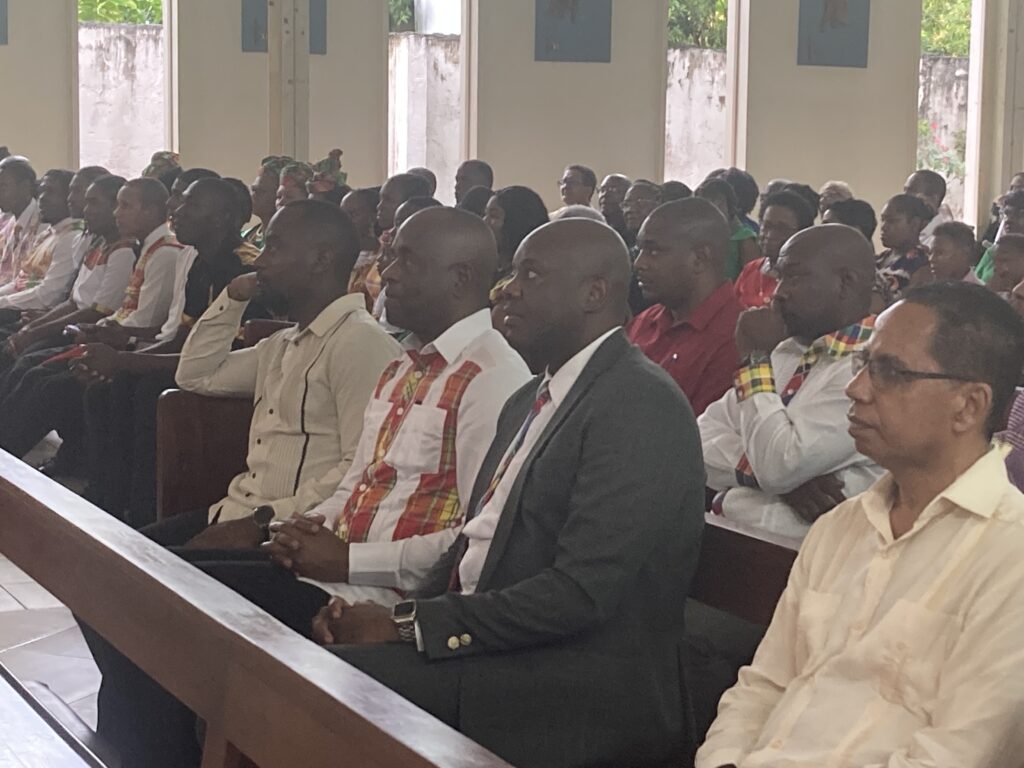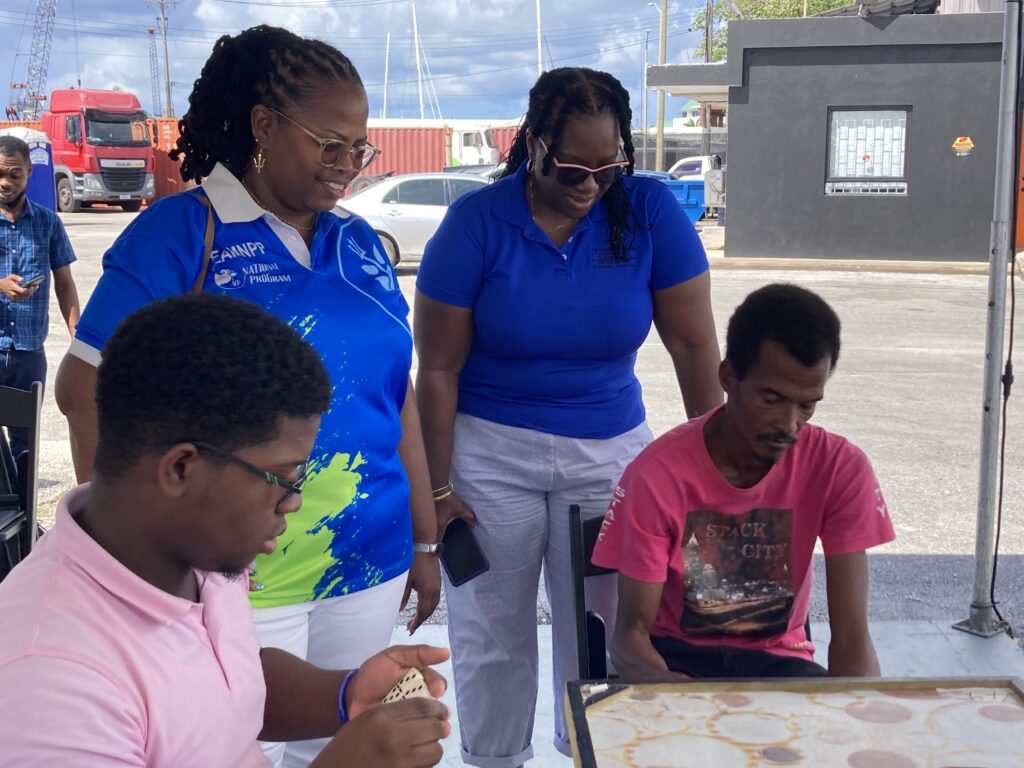The National Council on Substance Abuse (NCSA) will examine wastewater from Crop Over fetes and activities for drug content as part of a new drug abuse research initiative, it said Wednesday.
As the government agency for research and education on drug abuse released the findings from the 2022 Barbados Drug Information Network (BARDIN) Report, research and information officer Laura Foster told reporters the sewage testing would be part of a move to ramp up research on drug use in Barbados under an internationally funded programme.
Noting that the project was in the planning stages, she said Jamaica and Trinidad and Tobago were the other two countries that would benefit from the Inter-American Drug Abuse Control Commission’s initiative on the trafficking, sale, distribution and use of drugs.
“This study is slated to be conducted in the next couple of months [and] is going to be using a qualitative approach with a heavy reliance on interviews,” she told reporters in a briefing at the NCSA’s Belleville base. “So we’re going to be going to key informants, people who have inside knowledge, be it professionals [or] potential users. We’re really going to look at this using a well-rounded approach, but I’m suggesting that we also buttress it with what they call a wastewater analysis.”
Wastewater analysis is a “particular type of study” to estimate community use of certain drugs, Foster said.
“And it does this by testing the waters for drugs themselves as well as the metabolites of drugs,” she explained.
Foster suggested Crop Over would be an ideal time to carry out this type of testing.
“One common approach to studies of this nature is to conduct them at parties and festivals and so on because the likelihood for drug use is higher in situations like these,” the NCSA researcher said. “I’m recommending that this study be conducted during Crop Over. We go to the events and we test the wastewater in the chemical toilets and that way we can have an idea of what substances are being used here in Barbados.”
This project, she said, would be a major undertaking and require assistance.
“In order to make this study a reality, we’re going to need the input and involvement of our Forensic Sciences Centre. We’re also going to need the input and involvement of the Barbados National Standards Institution. I’m also recommending that they not just work with us to make the study happen, in terms of the testing, but they also work with us to design it.
“We look at it from all angles and we consider the important intricacies where chemical analysis is concerned because we don’t have that background here at the NCSA,” Foster added.
The NCSA’s chairman of projects Dr Ronald Chase said the testing of wastewater was nothing new. He said it was widespread among many countries.
The study would indicate what drugs are being used in Barbados, their concentrations and the prevalence within a community, he added.
He explained: “We mentioned in terms of party events, but it can also be at certain sewage points for neighbourhoods as well. So, the samples are collected and then they are analysed for the presence and the quantity of certain drugs or any drugs.
“The reason why I think they usually do it during periods where they are likely to be drug use is not to falsify or to indicate anything. It is just for us to know what is on the ground. Because during parties and during festivals, persons are more likely to use whatever they want to be in the right mood to party.”
In addition to determining the presence of farm chemicals and illegal drugs, wastewater testing is a rapidly growing public health tool that involves analysing sewage to detect the presence of pathogens and track the spread of infectious diseases, including COVID-19 and polio.
sheriabrathwaite@barbadostoday.bb
The post NCSA to test wastewater to determine drug use levels appeared first on Barbados Today.


